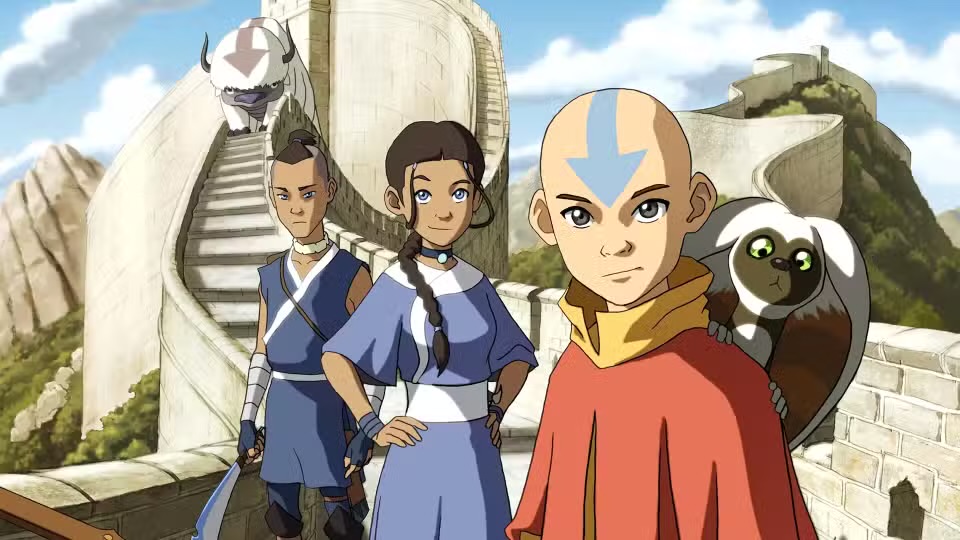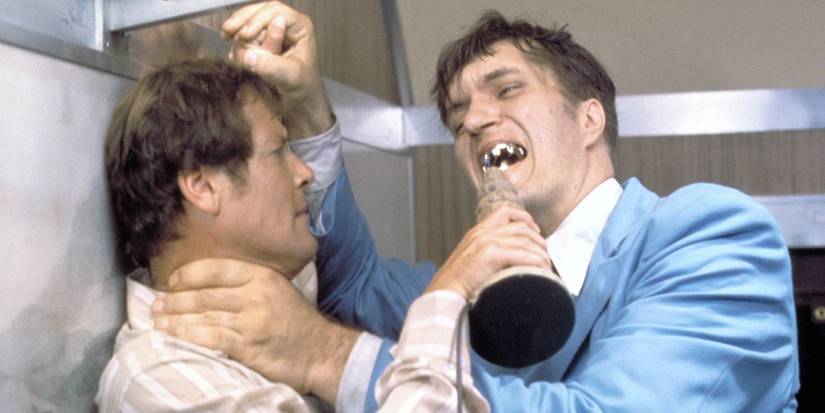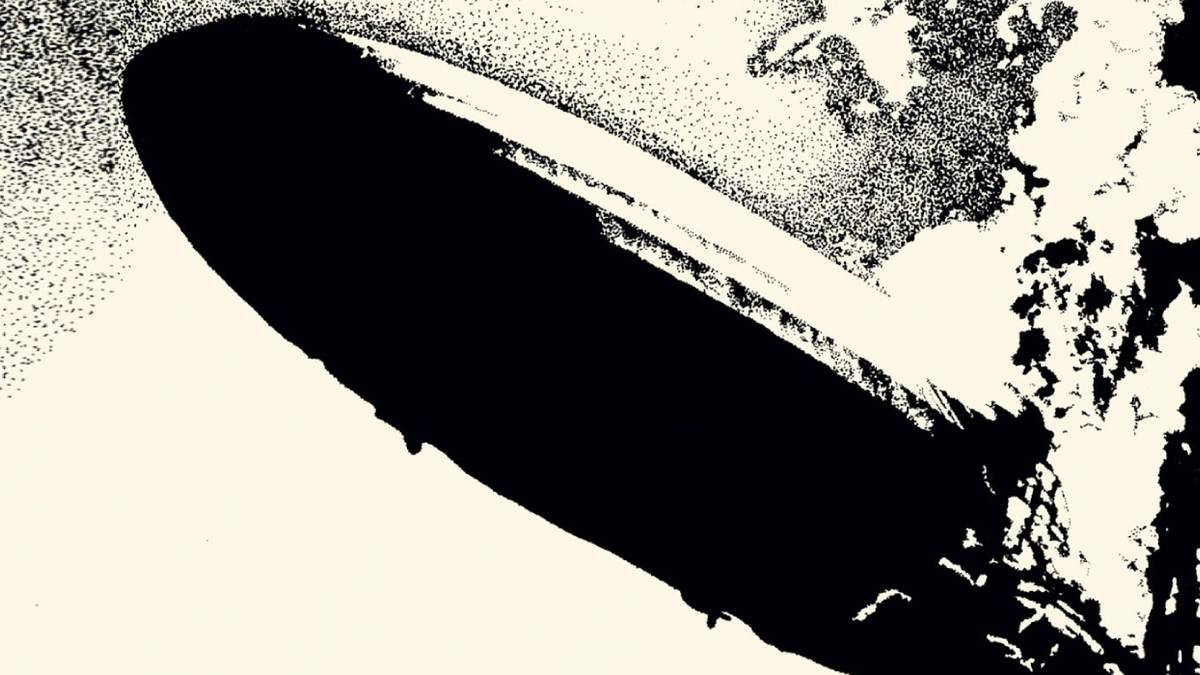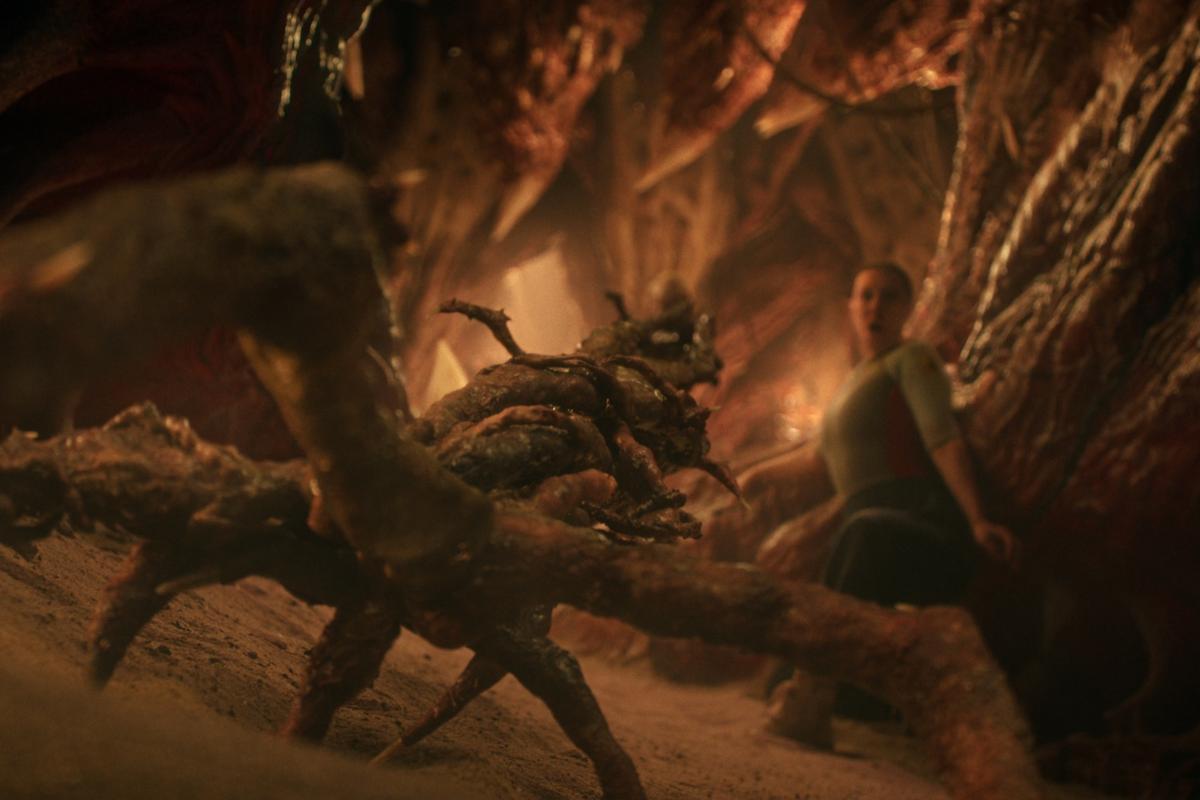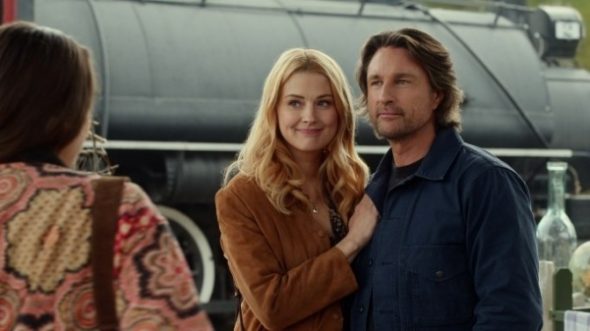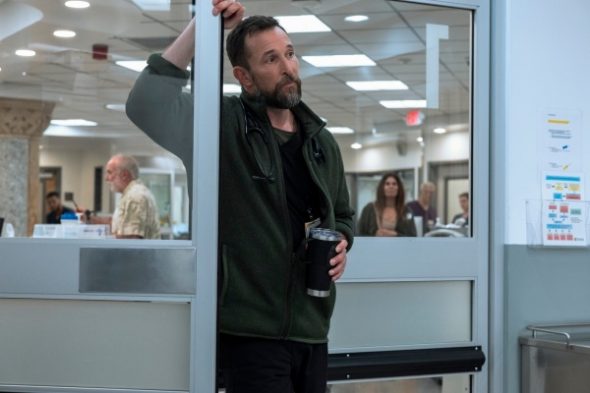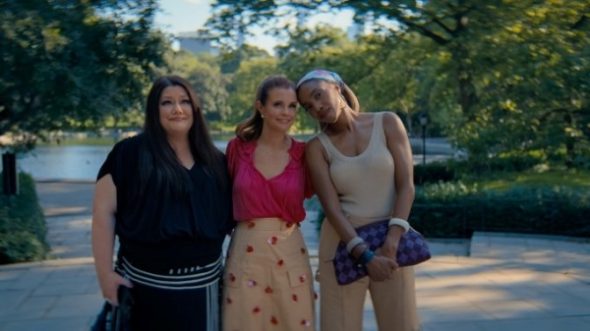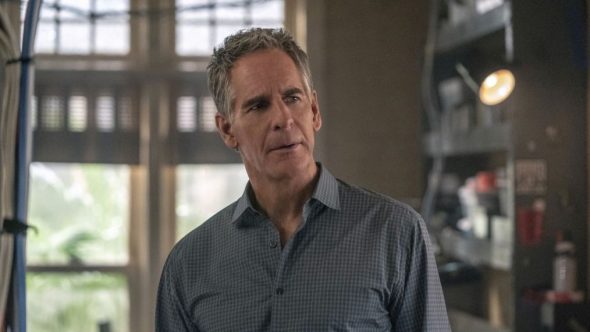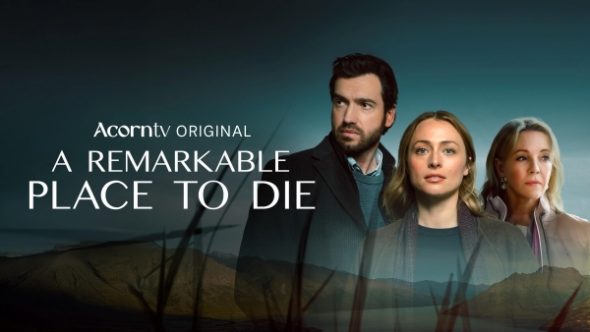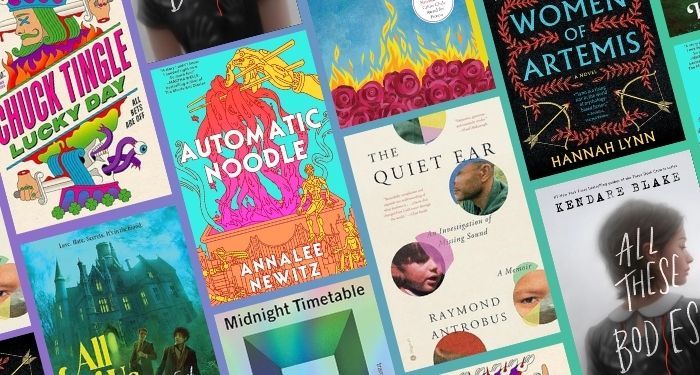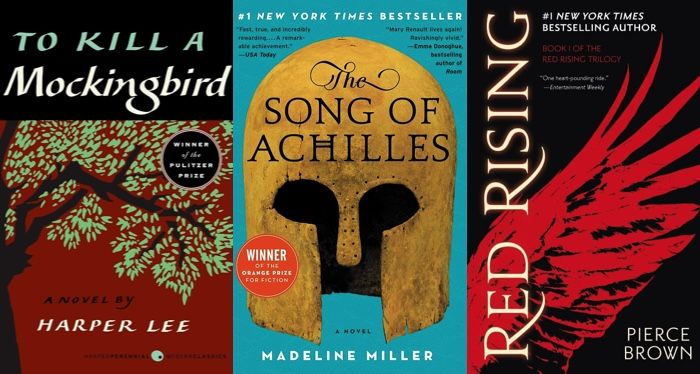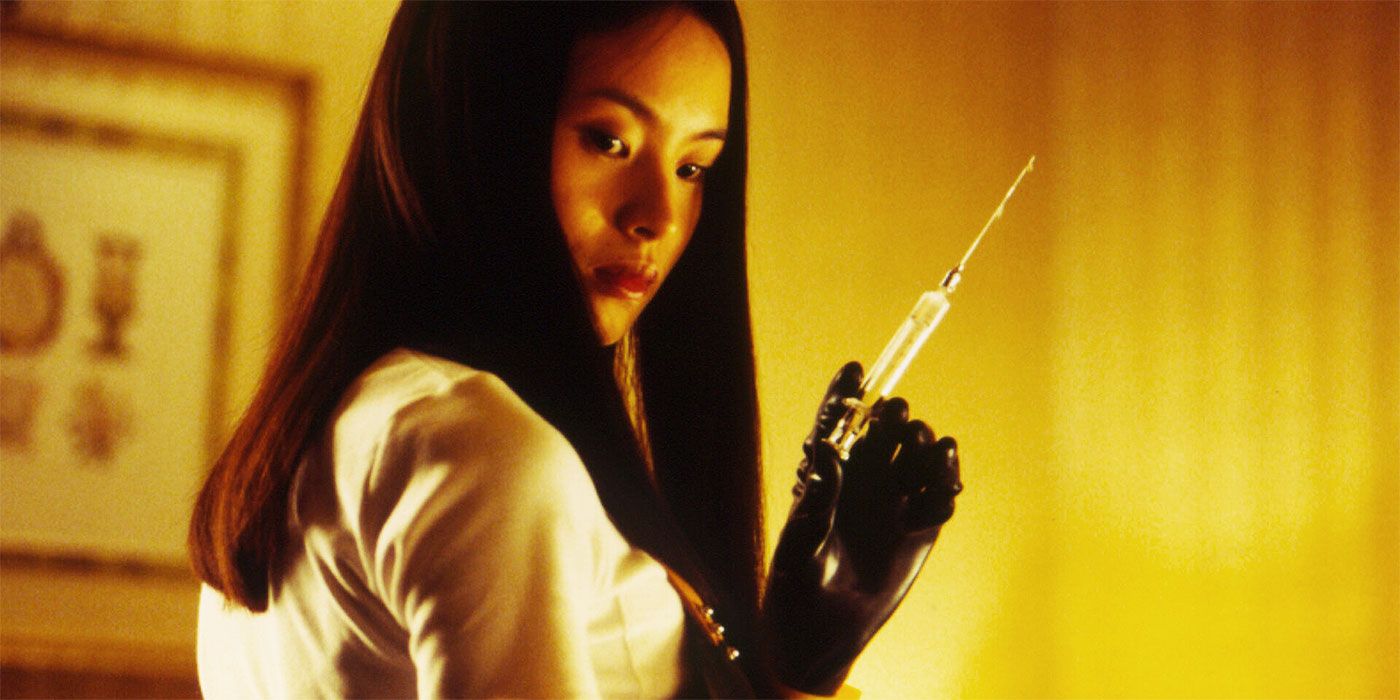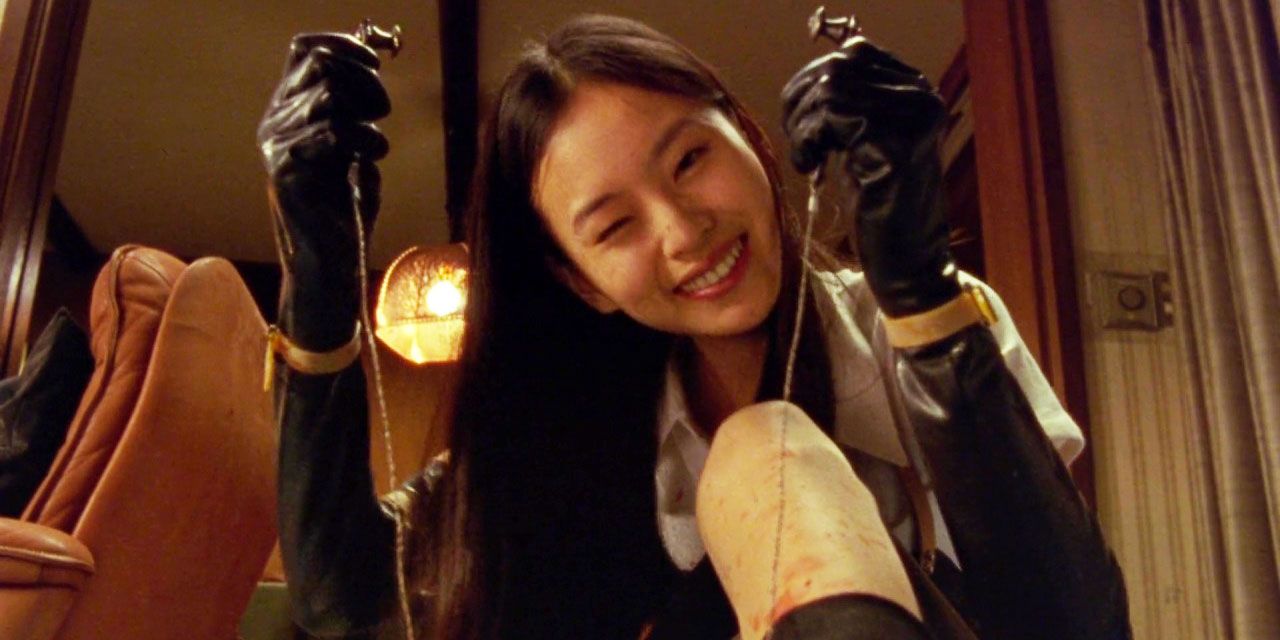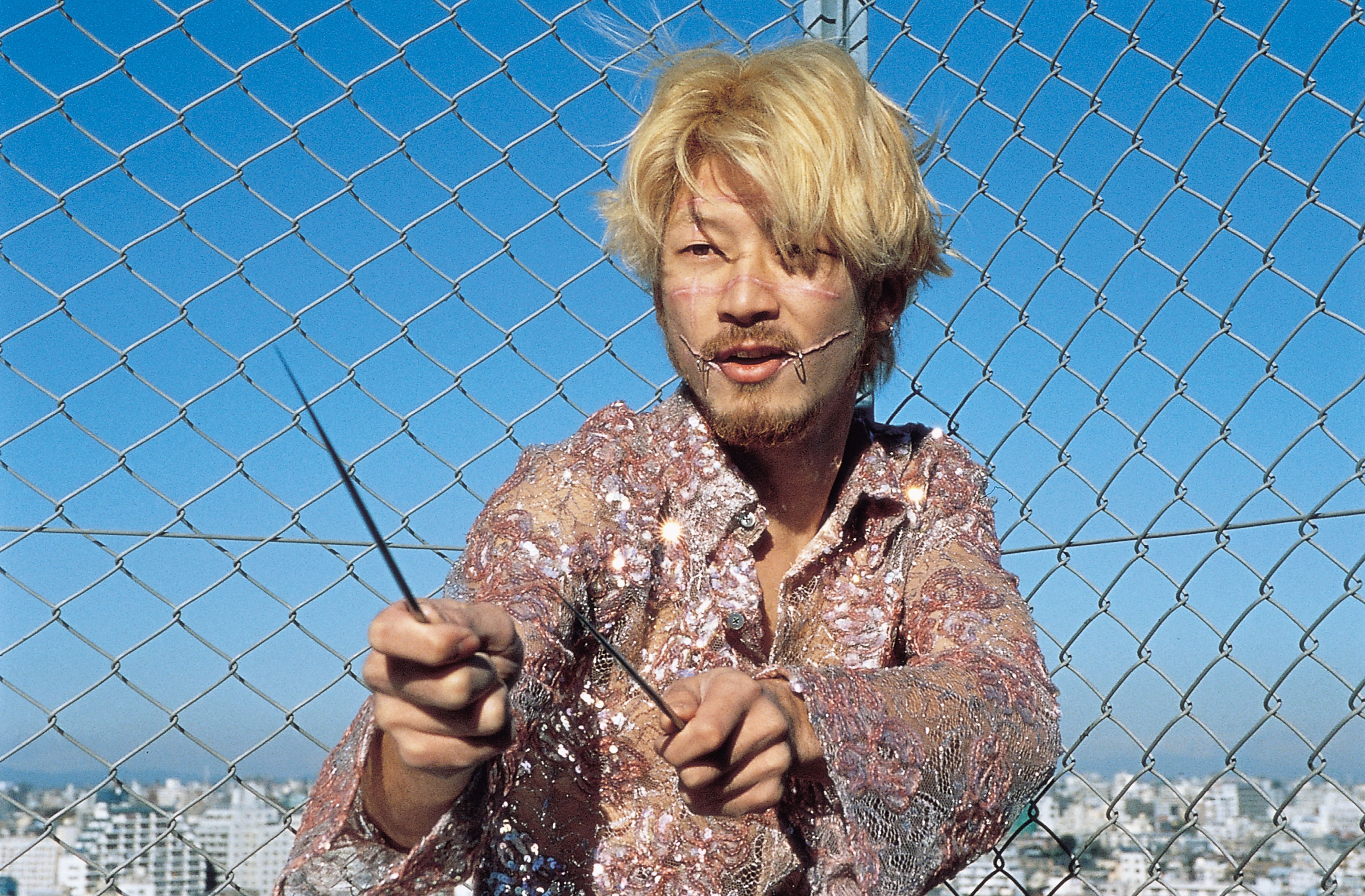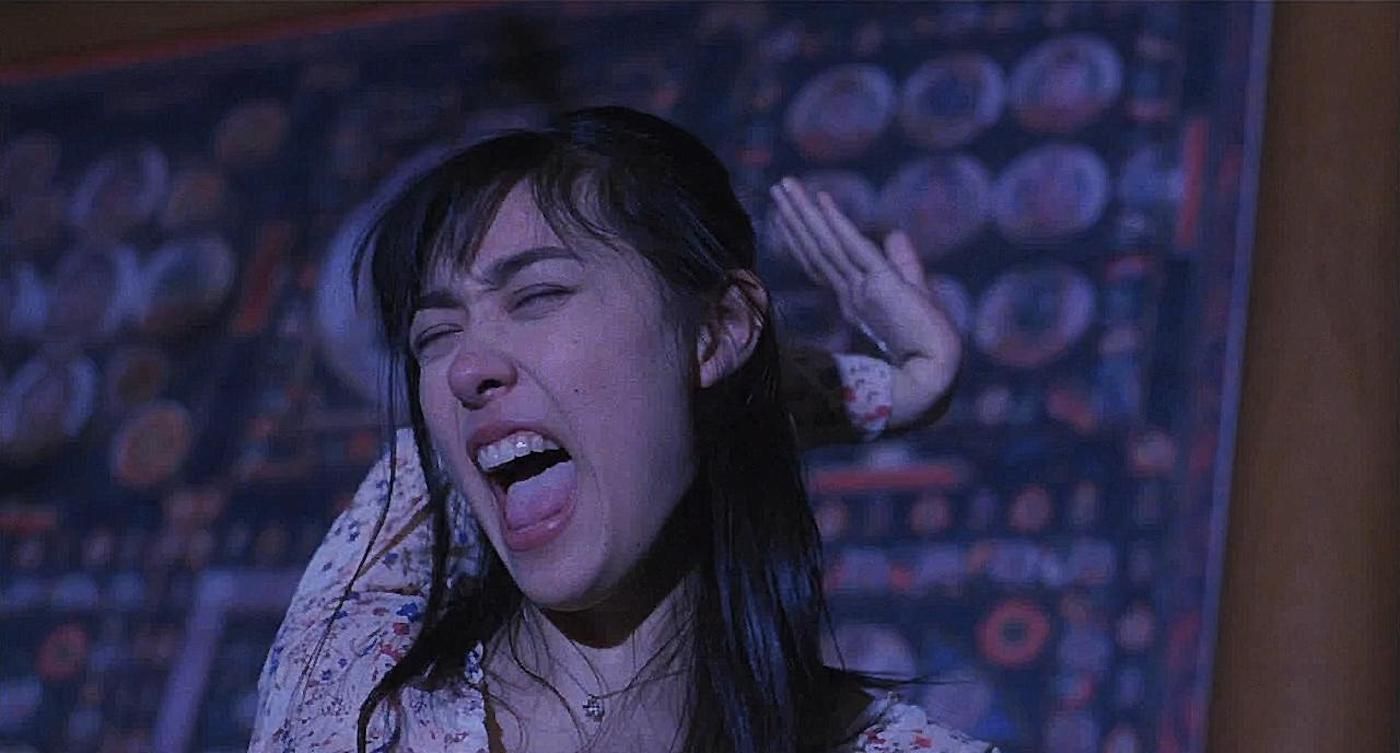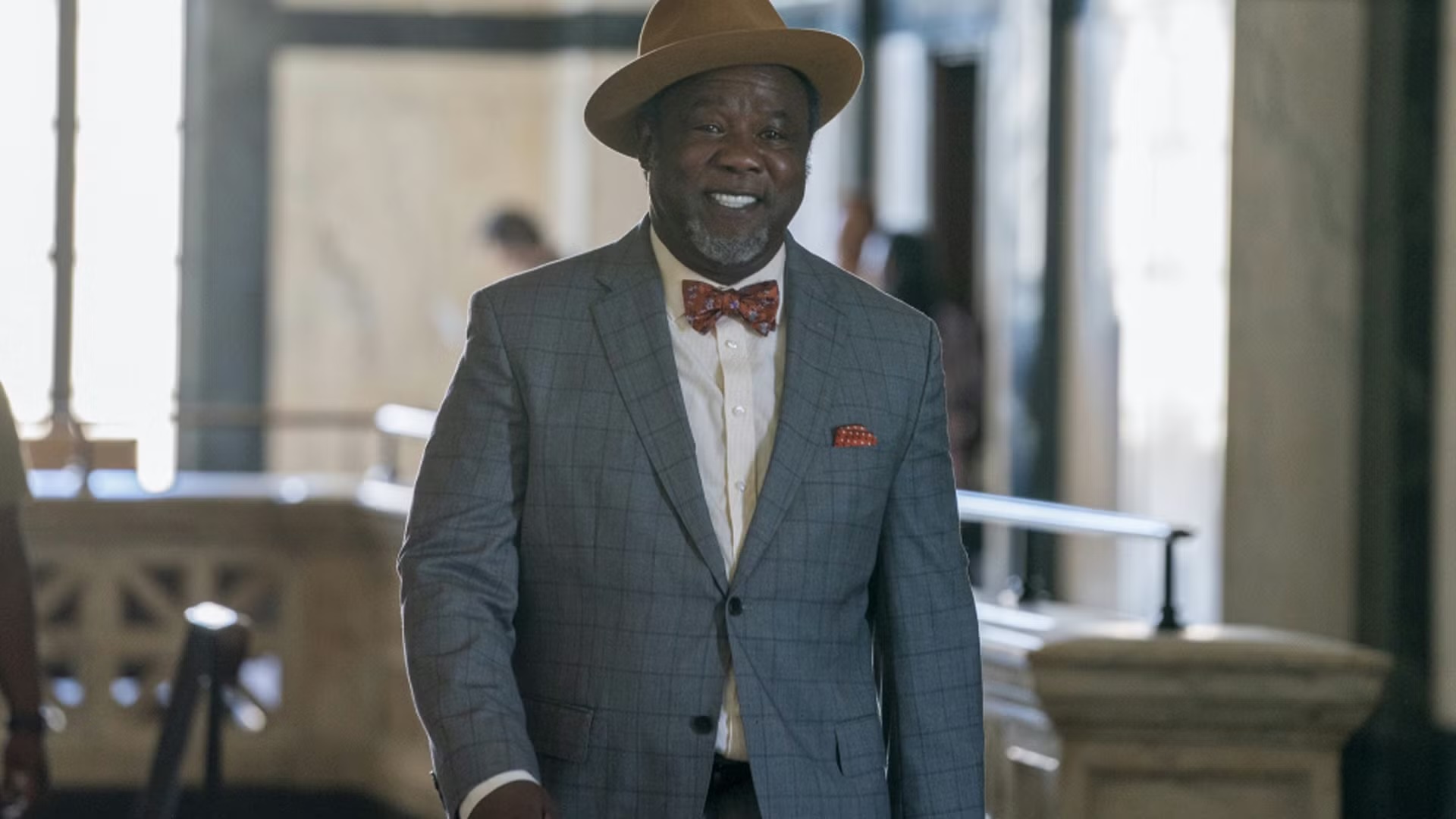[ad_1]
Prolific Japanese director Takashi Miike is highly-regarded and renowned for his work in the horror genre. However, in a long career of over one hundred movies, he has only actually made approximately ten horror movies. He has dabbled in a multitude of genres from family-friendly to hard-core and brutal, but it is his horror movies that have had the biggest impact. What is most impressive is how he tackles the genre from such vastly different angles. He has covered the grounds of supernatural horror, arthouse horror, and even a musical horror among many others. It is difficult to comprehend how he manages to helm such diverse approaches to his horror movies and make them work, but it is something he has consistently nailed throughout his filmmaking career.
It was 1999 when Miike made his first horror movie. Audition – based on the novel by Ryu Murakami – remains arguably his best film. It made quite an impression when it was theatrically released worldwide, and is now considered a horror masterpiece. Filmmaker Quentin Tarantino has not only cited Miike as one of his favourite directors, but he has also named Audition as one of his favourite films. The slow-paced horror-drama sees widower Shigeharu Aoyama (Ryo Ishibashi) stage a fake audition process in order to find a new wife. During the course of this process, he meets Asami (Eihi Shiina), and the two of them begin a doomed romance which famously leads to torturous consequences. While it is best remembered for its shocking torture sequence in the final third – something which heavily influenced the torture porn subgenre – the first two-thirds of the movie are noticeably different tonally.
There are subtle smatterings of black comedy amongst the romantic drama before the final third unveils itself as horror. This makes the movie feel very realistic, and Miike frequently uses long shots and surrounds the two leads with lots of extras in public places. This realism and foreboding anticipation come to a crashing end once Aoyama collapses after taking a drink having being drugged by Asami. However, it has been theorized that the disturbing confrontation between the two in the climax does not actually occur. The surreal, sudden tonal shift towards the end of the movie suggests the torture sequence is a representation of Aoyama’s fear and guilt of moving on from his wife, or Asami’s desire for vengeance for such a traumatic life which has seen her taken advantage of too many times.
While Miike never quite replicated the impact Audition had on the horror genre, he did follow it up with some memorable chillers. His 2003 movie Gozu adopted a similar slow pacing, and initial realism before throwing up a series of surreal and bizarre set pieces. Miike took inspiration from Japanese urban legends to create this darkly comedic and deliberately weird horror. Over a decade later, Miike made perhaps his most subdued addition to the genre in Over Your Dead Body which took inspiration from the famous Japanese play Yotsuya Kaidan which has inspired numerous Asian horror movies. Miike depicts the play directly in his movie and through the character Miyuki Goto (Ko Shibasaki), we see the events of the play mirror the events in her life.
By incorporating the supernatural into reality, the effect created is similar to that created in Audition. For the most part, Over Your Dead Body is realistic, but it also shares similar themes to Audition, most notably doomed romance and vengeance. It remains quiet and grounded, and keeps the presence of its phantom foes implied rather than explicit. Where Over Your Dead Body differs is how straight it is played. It is very downbeat and serious for its entirety, and Miike’s distinctive dark humor is noticeably lacking. There is still a similar sense of foreboding in all of Audition, Gozu, and Over Your Dead Body and each of their endings may not be as they seem. To really grasp each of them, multiple viewings are required as hallucinatory implications are certainly prominent.
Away from the subdued, ominous horrors, Miike is also regarded for his extravagance in the genre which tends to focus more on outrageous gore and over-the-top violence. After his popularity skyrocketed internationally following Audition, he garnered more attention with the action-horror Ichi the Killer, a movie so shocking it remains banned in some countries. Miike embraced the controversy it caused. The plot concerns a yakuza on the hunt for a sadistic killer targeting yakuza gangs. At times a stylish slapstick comedy, at other times a disturbing assessment of gratuitous violence, Ichi the Killer is extreme cinema pushed to the very limit. Having adapted several manga series’ throughout his career, Miike’s stab at Hideo Yammamoto’s work is arguably the closest to the original source material. For his adaptation, Miike replicates the manga closely, dousing every fight scene in gallons of cartoonish blood. The portrayal of violence in Ichi the Killer set new boundaries, and any edits or cuts made to diminish the violence have been met with criticism for missing the point of the movie. It is a stark contrast to the nuanced approach Miike had with Audition, in which the violence was no less effective but much more implicit.
Gore and violence also played a key role in his 2012 addition to the horror genre Lesson of the Evil. However, unlike the cartoonish nature of Ichi the Killer, Lesson of the Evil is darker and much closer to the slow burn, understated terror of Audition until its blood-soaked finale. Set in a high school, it sees a schoolteacher plan a murderous act of revenge on his students, and while the first half focuses on his dark descent into madness, the second half becomes a horrifying bloodbath with violence strong enough to rival Ichi the Killer. It once again shows Miike’s knack for sudden tonal shifts in his horror movies, as many have noted how the slow, unsettling build-up of Lesson of the Evil swiftly transforms into a slasher movie. This gorefest has an unnerving element of fun too, and though the content is disturbing, Miike is not averse to a dash of wit.
The same year as Ichi the Killer also saw the release of The Happiness of the Katakuris, a farcical and absurd genre mash-up of horror, comedy and musical. While the horror aspect of the movie is less prominent, it took Miike’s flair for the bizarre to the next level. It is bright and gleeful throughout, which often contrasts the would-be horrifying events that take place such as suicide, accidental death and a wild volcanic eruption. Where comedy in his horror movies is often dark and subtle, Miike shoves it to the forefront of The Happiness of the Katakuris and takes great pleasure in making it as ludicrous as possible.
He directed another horror-comedy the same year in Visitor Q, a similarly bizarre, delightedly over-the-top flick with more emphasis on comedy than horror. Miike seemed to favor shock-value comedy over shock-value horror in the case of these movies. The viscerally violent As the Gods Will saw Miike return to the high school setting for a vibrant, immoderate horror. The high school is grounds for a game of death which has seen comparisons made to Battle Royale and Squid Game. Miike channeled the absurdity of The Happiness of the Katakuris and the unflinching violence of Ichi the Killer for a rigorously fun rollercoaster ride like a horror funhouse. Once more, Miike favored absurdity over genuine scares, adding colorful vibrancy amongst morbid violence and gore. As the Gods Will is very heavy on CGI which gives it more of a tongue-in-cheek appeal, but it embraces its madness with the mind-boggling inclusion of a giant paw-swinging cat and a bloodied talking Daruma doll.
While Miike never seemed to care much for mainstream movies, in the wake of the J-horror boom of the early 2000s, he directed One Missed Call. Because of the recent attention garnered by movies like Ringu, Pulse, and even Miike’s Audition, Japanese horror was becoming more popular in the West. American remakes started to be developed very quickly after the original’s releases. Miike’s One Missed Call was remade just five years after its release, something which he said he felt honored by despite the overwhelmingly negative reviews the 2008 U.S. remake received. One Missed Call definitely stands out as one of Miike’s most mainstream efforts, especially given his previous horror attempts.
The rather formulaic plot follows a group of high schoolers who fall victim to a curse that comes in the form of a voicemail foretelling their deaths. Miike does achieve some impressive supernatural visuals, and the lighting is suitably dark throughout, but the scares are far more traditional and unsurprising. Disappointingly, it is almost as if the movie felt obligated to follow all the clichés of J-horror, specifically the tropes instilled by Ringu, which audiences had become accustomed to. Over Your Dead Body was a more absorbing supernatural tale from Miike, and by far the superior of his two stabs at spiritual horror.
It may be difficult to match the same director to movies like Audition and The Happiness of the Katakuris, but Miike’s brilliance is shown through a variety of clever twists on the genre. Whether mashing horror with another genre, or delivering a straight-up scarefest, it is hardly surprising his work has left such an impression. His staggering ability to give the genre realism as well as surrealism remains unmatched, and his amassing of fans all over the world is entirely justified.
[ad_2]
Original Source Link

























